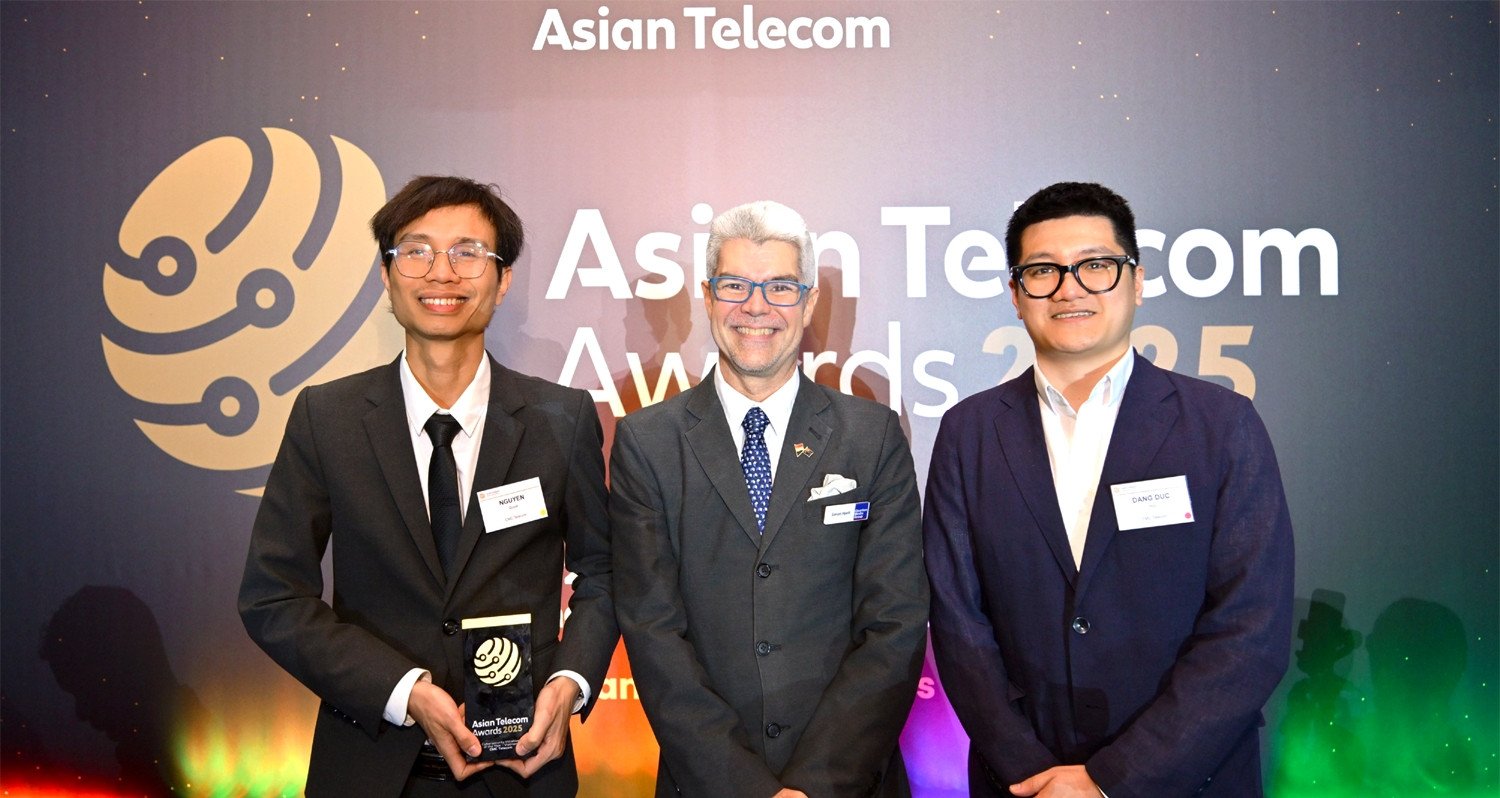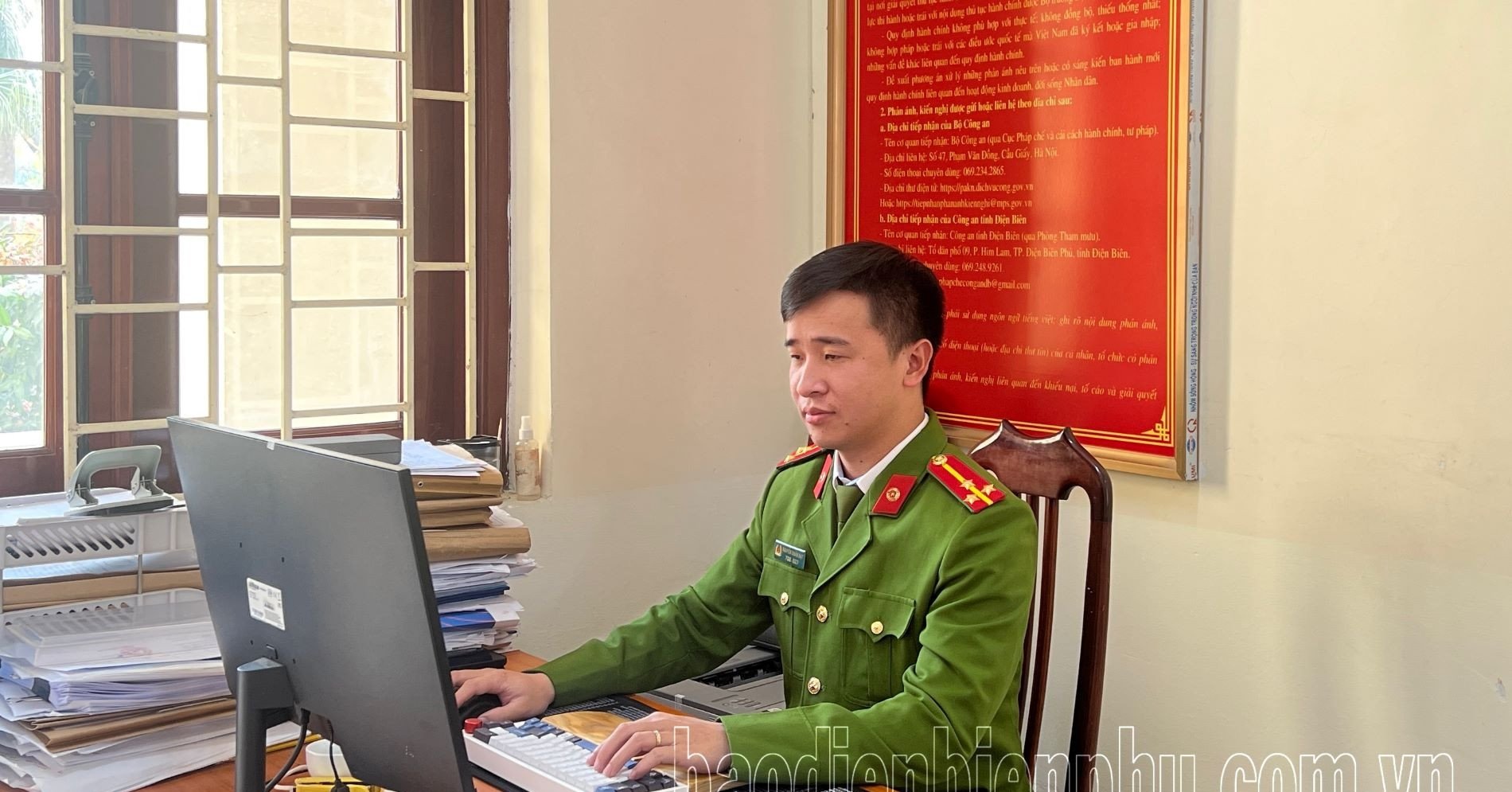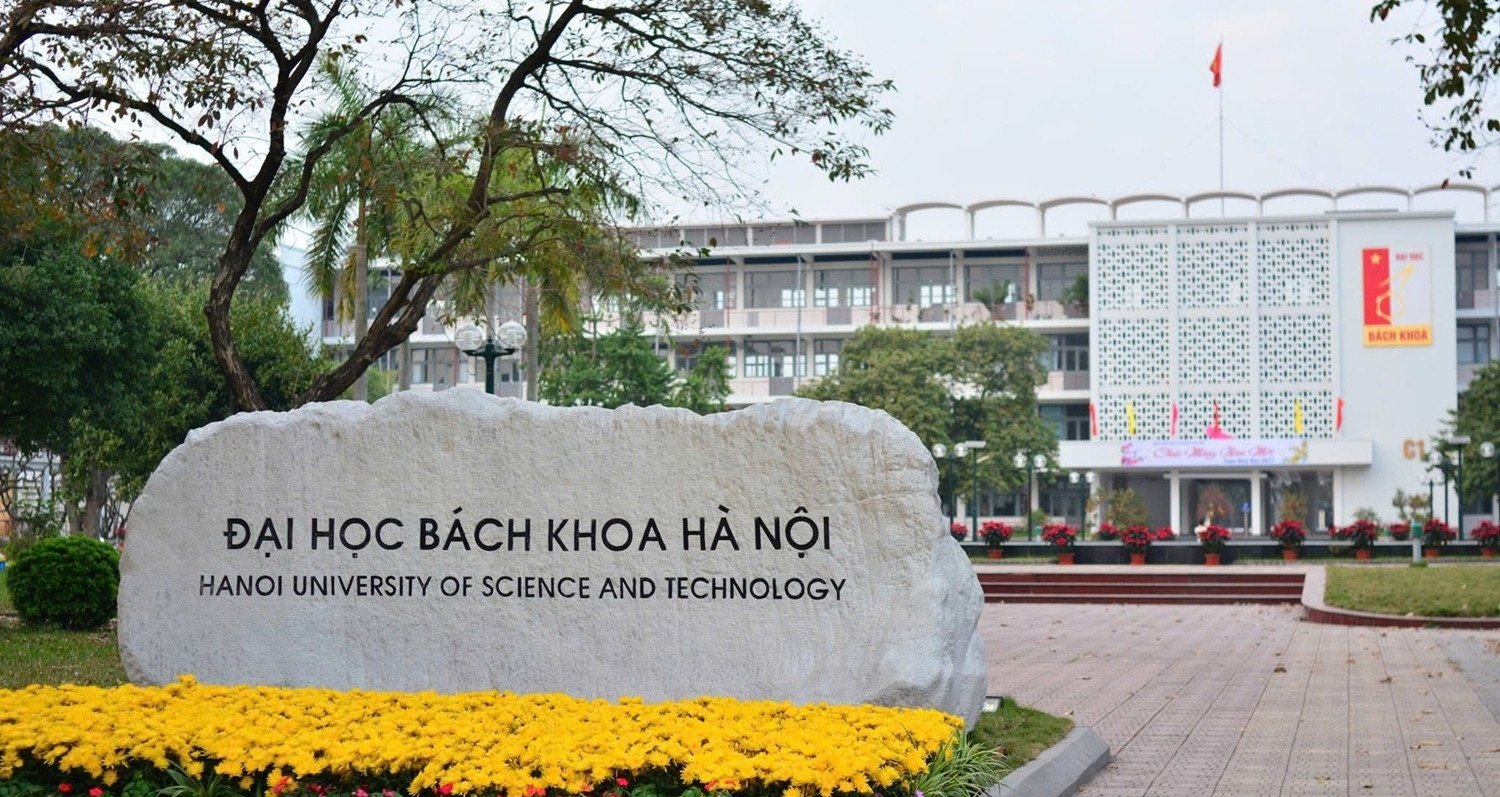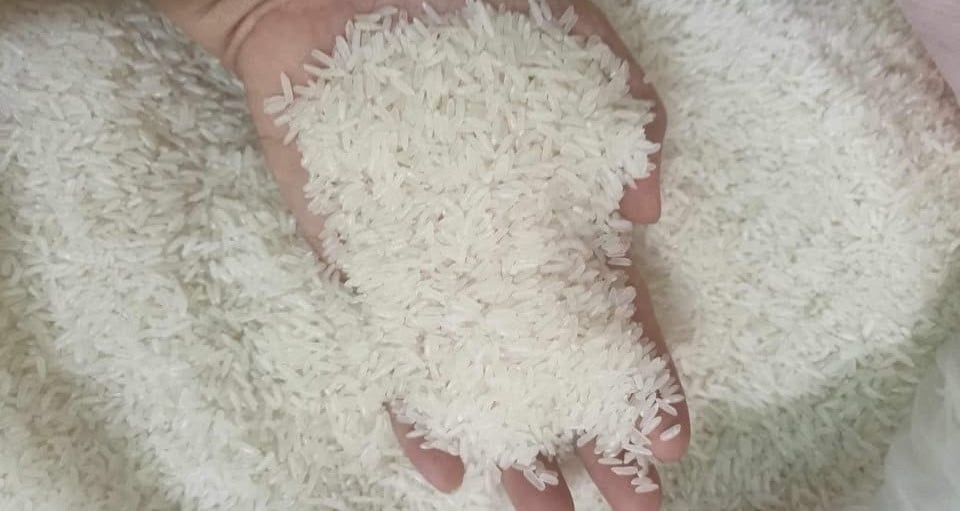The C1 modem isn't the only chip Apple is developing in-house. According to the latest report, the next chip will appear in the entire iPhone 17 line, which will be released in the second half of this year.
Apple introduced a brand new C1 modem, replacing the Qualcomm modem, in the iPhone 16e. Another chip developed by the company is also coming, according to analyst Ming Chi Kuo.
Citing industry sources, he said that the iPhone 17 models launched this year will all use Apple's Wi-Fi chip. It will replace the Broadcom Wi-Fi chip that the company is currently using.
Interestingly, only the ultra-thin iPhone 17 (or iPhone 17 Air) version is equipped with both the C1 modem and the new Wi-Fi chip. Thus, the iPhone 17, iPhone 17 Pro, and iPhone 17 Pro Max still use Qualcomm modems.
According to Mr. Kuo, besides the cost factor, switching to self-developed Wi-Fi chips will help improve connectivity on all Apple devices.
Current iPhones use Broadcom's Wi-Fi and Bluetooth chips.
Previously, analyst Jeff Pu predicted that only the iPhone 17 Pro and 17 Pro Max would use the Apple-designed Wi-Fi 7 chip, but it seems that plans have changed.

With Wi-Fi 7 support, iPhone 17 can simultaneously utilize 2.4GHz, 5GHz, and 6GHz bands when connected to a compatible router, improving data transmission speeds, reducing latency, and improving stability.
Qualcomm claims Wi-Fi 7 can reach peak speeds of over 40 Gbps, up to four times faster than Wi-Fi 6E.
Apple's "intention" of making its own chips
Analysts say Apple is making its own chips to reduce its dependence on suppliers like Qualcomm and Broadcom. According to Vice President of iPhone Product Marketing Kainn Drance, the iPhone 16e has better battery life than any other 6.1-inch iPhone model.
Modem chips are difficult to manufacture because they must be compatible with hundreds of carriers in many countries. Only a few companies in the world, including Samsung, MediaTek, Huawei, have succeeded in making these chips.
Apple has traditionally bought its modems from Qualcomm, the world’s largest supplier of modem chips. Qualcomm modem chips are also used in Android phones and Windows laptops.
Apple and Qualcomm once went to court but eventually settled and signed a new supply agreement in 2019. However, it seems that "Apple" has found a solution to reduce its dependence on its partner.
Johny Srouji, Apple's vice president of hardware engineering, revealed that the C1 subsystem (the set of components that includes the C1 chip modem) is the most complex technology the company has ever developed. The baseband modem is manufactured using 4nm technology, while the transceiver is manufactured using 7nm technology. The chip was tested with 180 carriers in 55 countries to ensure it works well everywhere.
According to Srouji, C1 is just the beginning and Apple will continue to improve it over time. It will be the foundation that helps differentiate its products.
The C1 chip also has satellite connectivity and a custom GPS system for when iPhone users can’t connect to a cellular network. However, it will lack some features like 5G mmWave connectivity – one of Qualcomm’s strengths.
Srouji said Apple’s goal isn’t to match the specs of its competitors’ chips. Instead, they want to tailor the specs to the specific needs of Apple products.
(Synthetic)
Source: https://vietnamnet.vn/iphone-17-dung-chip-wi-fi-apple-tu-phat-trien-2373535.html
































Comment (0)